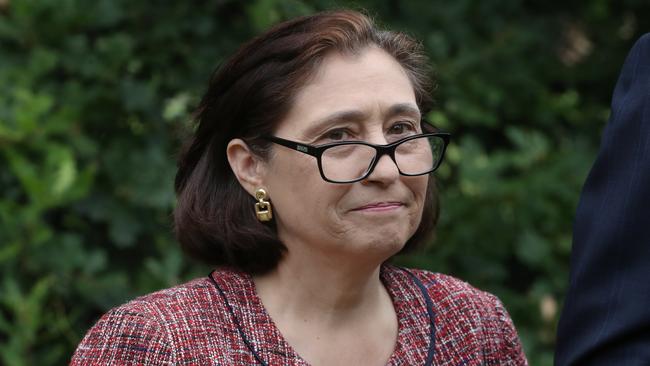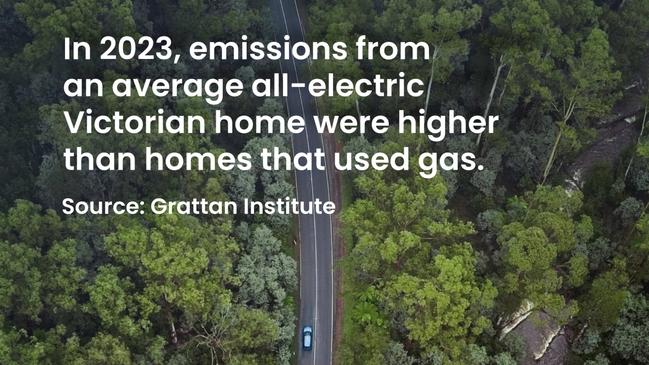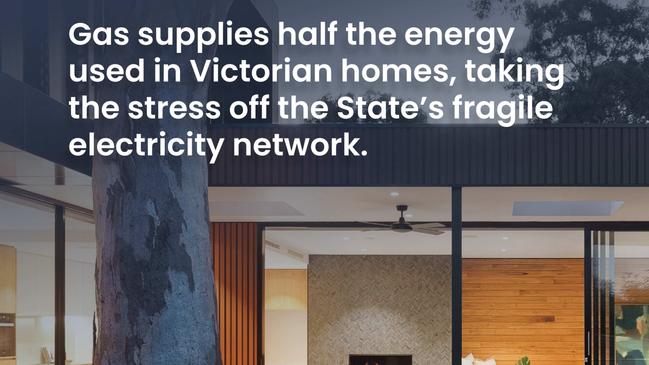Anti-gas Lily D’Ambrosio’s seat targeted in ad campaign
Jon Seeley says his ad campaign aims to ‘provide a sensible balance to the one-sided misinformation which the Victorian Energy Minister continues to promulgate’.

Australia’s largest gas heating manufacturer has begun targeting the Victorian government with an advertising blitz, seeking to present the “inconvenient truth” about its anti-gas policies.
Adelaide-headquartered Seeley International recently launched the billboard and social media campaign in marginal state seats and those held by Allan government ministers, including Energy Minister Lily D’Ambrosio.
Of the three advertisements in the “gas is still a smart choice” campaign, one says switching from gas to electric “can cost upwards of $20,000 and leave you vulnerable to power blackouts”, another says gas “supplies half the energy used in Victorian homes, taking the stress off the state’s fragile electricity network”, and the third quotes a Grattan Institute paper that found emissions in 2023 from an average all-electric Victorian home were higher than from homes that used gas.
Through its gas substitution road map, the Victorian government banned gas connections to new homes from January 1, and is seeking to encourage households to replace their gas appliances with electrical ones through a range of incentives funded by both the taxpayer and via green schemes where the cost is added to the power bills of all Victorians.

Seeley managing director Jon Seeley said contrary to the Victorian government’s “extraordinary and illogical anti-gas stance”, gas remained a “smart choice” for Victorian households.
“This is the simple message of our current billboard campaign, to provide a sensible balance to the one-sided misinformation the Victorian Energy Minister continues to promulgate,” Mr Seeley said.
“Our campaign presents the ‘inconvenient truth’ that forcing households to switch from gas to electric will only increase emissions, because of the state’s reliance on burning brown coal for electricity generation.”
Mr Seeley said incentivising households to switch to electric appliances “could end up costing families tens of thousands of dollars”, and Victoria’s electricity grid was “nowhere near ready to cope” with the additional demand large-scale switching from gas to electricity would entail.
“There is a simple reason why Victoria’s gas policy has been denounced by every other state and federal government in Australia: it literally defies logic, driving up energy costs and emissions,” he said.

“We support an orderly transition away from fossil fuels. But it is entirely feasible to progressively reduce emissions without damaging our economy, undermining local manufacturers and hurting households who are already battling the rising cost of living.”
Ms D’Ambrosio dismissed Mr Seeley’s comments as “rubbish”, claiming the Australian Energy Market Operator, Victorian Lead Scientist and the Australian Competition & Consumer Commission all backed her views.
“The Grattan Institute – the source cited in their advertisement – backs the move to electric appliances and their research confirms that over the life of an appliance installed today, electric appliances will produce less emissions and cut energy bills from day one,” Ms D’Ambrosio said.








To join the conversation, please log in. Don't have an account? Register
Join the conversation, you are commenting as Logout